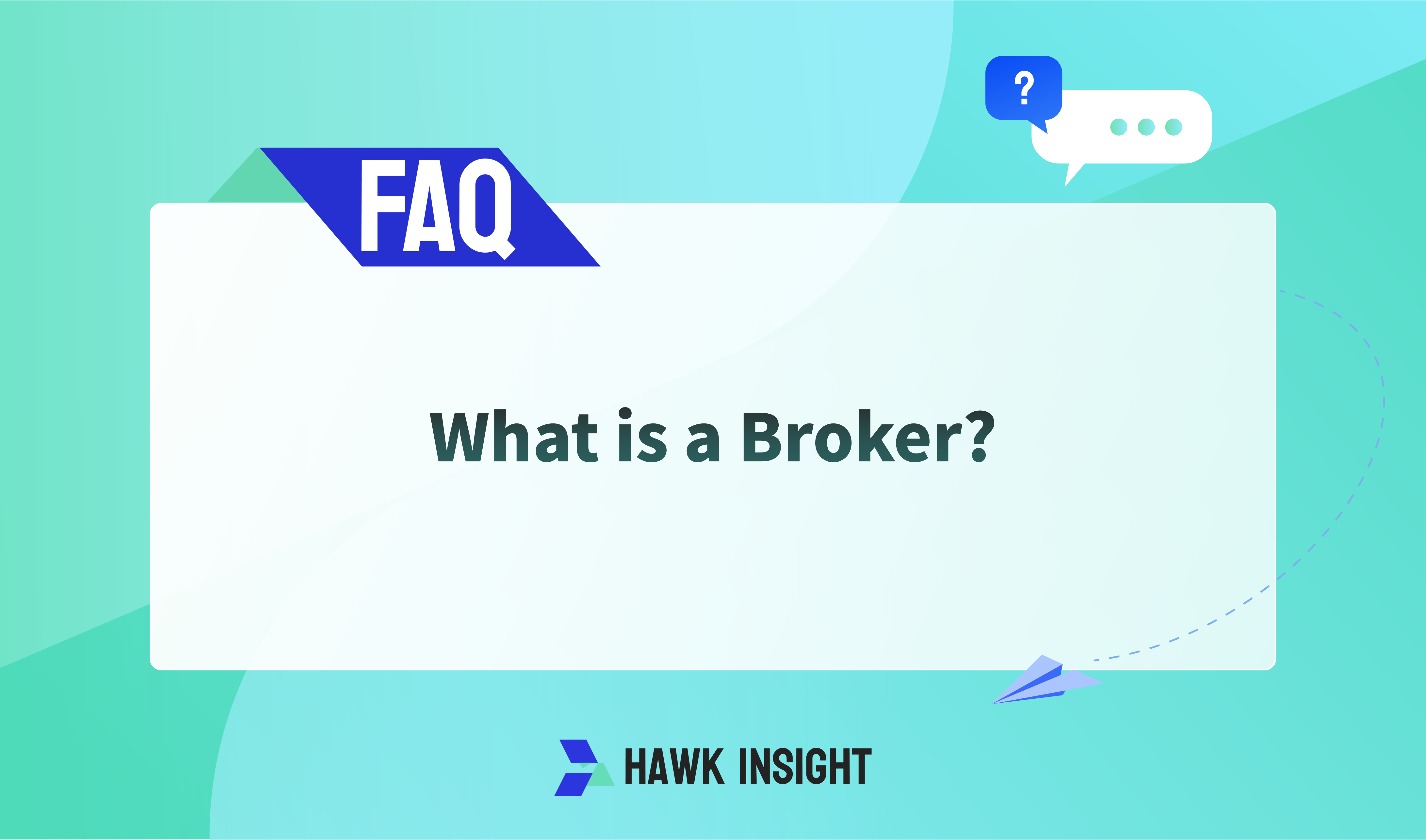What is a Broker?
Brokers are the most common “transaction machines” investors use to trade stocks, bonds, options, mutual funds, and more. To conduct business with publicly traded stock, brokers must register with the SEC and the Financial Industry Regulatory Authority.

A broker refers to an individual or brokerage firm that provides trading pairing services for investors wishing to buy or sell securities, such as stocks or bonds.
The Role of Brokers
Brokers are the intermediaries that investors most commonly rely on for various asset transactions. When conducting stock trades, brokers must be licensed and registered with the U.S. Securities and Exchange Commission (SEC) and the Financial Industry Regulatory Authority (FINRA) to ensure they can effectively match investors looking to buy and sell securities with counterparties. While this practice has been gradually declining, some brokers still profit by charging trading commissions.
Example Analysis
The U.S. has many brokerage firms, including well-known ones like Robinhood, Charles Schwab, E*TRADE, and Fidelity, each varying in the services they offer and their fee structures.
Online brokers function similarly to professional trading intermediaries, providing quick and efficient trading methods that connect investors wishing to buy and sell stocks, bonds, and other securities with counterparties. Registered brokerage firms and representatives handle these transactions, and some traditional companies still charge commissions as service fees.
Key Companies
- Robinhood
- Charles Schwab (NYSE: SCHW)
- E*TRADE (NASDAQ: ETFC)
- Fidelity
·Original
Disclaimer: The views in this article are from the original Creator and do not represent the views or position of Hawk Insight. The content of the article is for reference, communication and learning only, and does not constitute investment advice. If it involves copyright issues, please contact us for deletion.